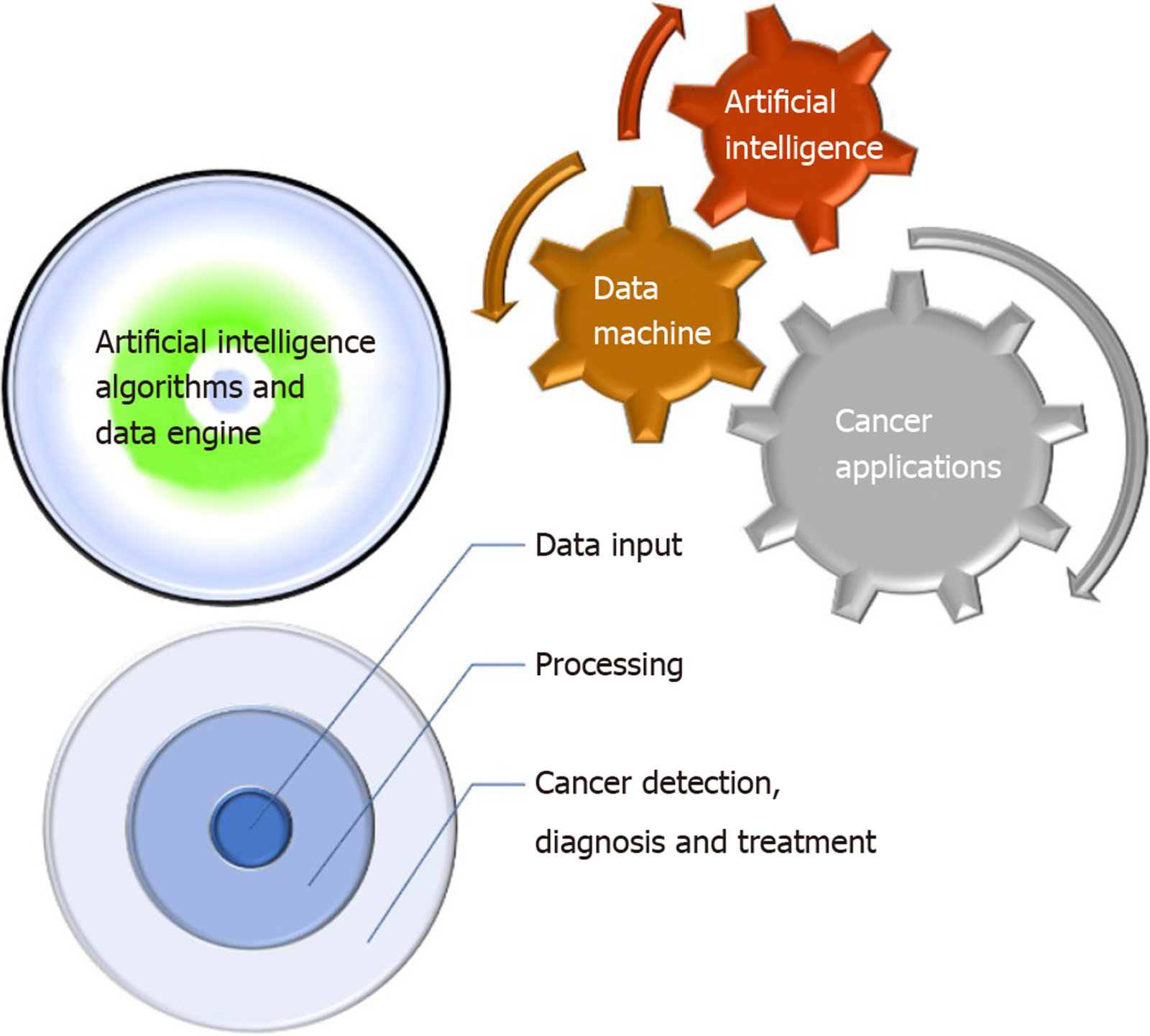⚡ Quick Summary
Researchers at the University of Houston, along with their students, are pioneering a cutting-edge software technology that utilizes artificial intelligence to enhance cell-based immunotherapy for cancer treatment and other diseases.
💡 Key Features and Benefits
- 🔑 Advanced Technology: The software, developed by CellChorus Inc., a University of Houston spinoff, is based on the Time-lapse Imaging Microscopy In Nanowell Grids™ platform, which allows for dynamic single-cell analysis without the need for labels.
- 💰 Significant Funding: The project has secured a $2.5 million grant from the National Center for Advancing Translational Sciences (NCATS) to expedite the development of a “label-free” version of this technology.
- 📊 Enhanced Analysis: The TIMING™ tool captures extensive video data of cell interactions, requiring automated computer vision systems for analysis, thus providing deep insights into cellular behaviors relevant to human diseases.
👩⚕️ Collaborative Efforts
- Leading the project are Badri Roysam, a professor of Electrical and Computer Engineering, and Navin Varadarajan, an M.D. Anderson Professor of Chemical and Biomolecular Engineering, both from the University of Houston.
- Roysam expressed enthusiasm about leveraging AI to advance life sciences, particularly in the realm of cancer treatment.
📅 Project Goals and Future Directions
- The grant aims to quantify cell behavior without fluorescent staining, allowing scientists to observe cells in their natural state and gather crucial data on their movements and interactions.
- This label-free analysis will enable selective fluorescent staining to identify new molecules of interest, aiding in the study of diseases like cancer and treatment responses.
🚀 Impact on Cancer Research
- The integration of AI and machine learning models trained on millions of cell images will optimize single-cell analysis, enhancing the understanding of cellular dynamics in disease contexts.
- Ultimately, this technology aims to facilitate the development of new therapeutic strategies and improve patient outcomes in cancer treatment.
